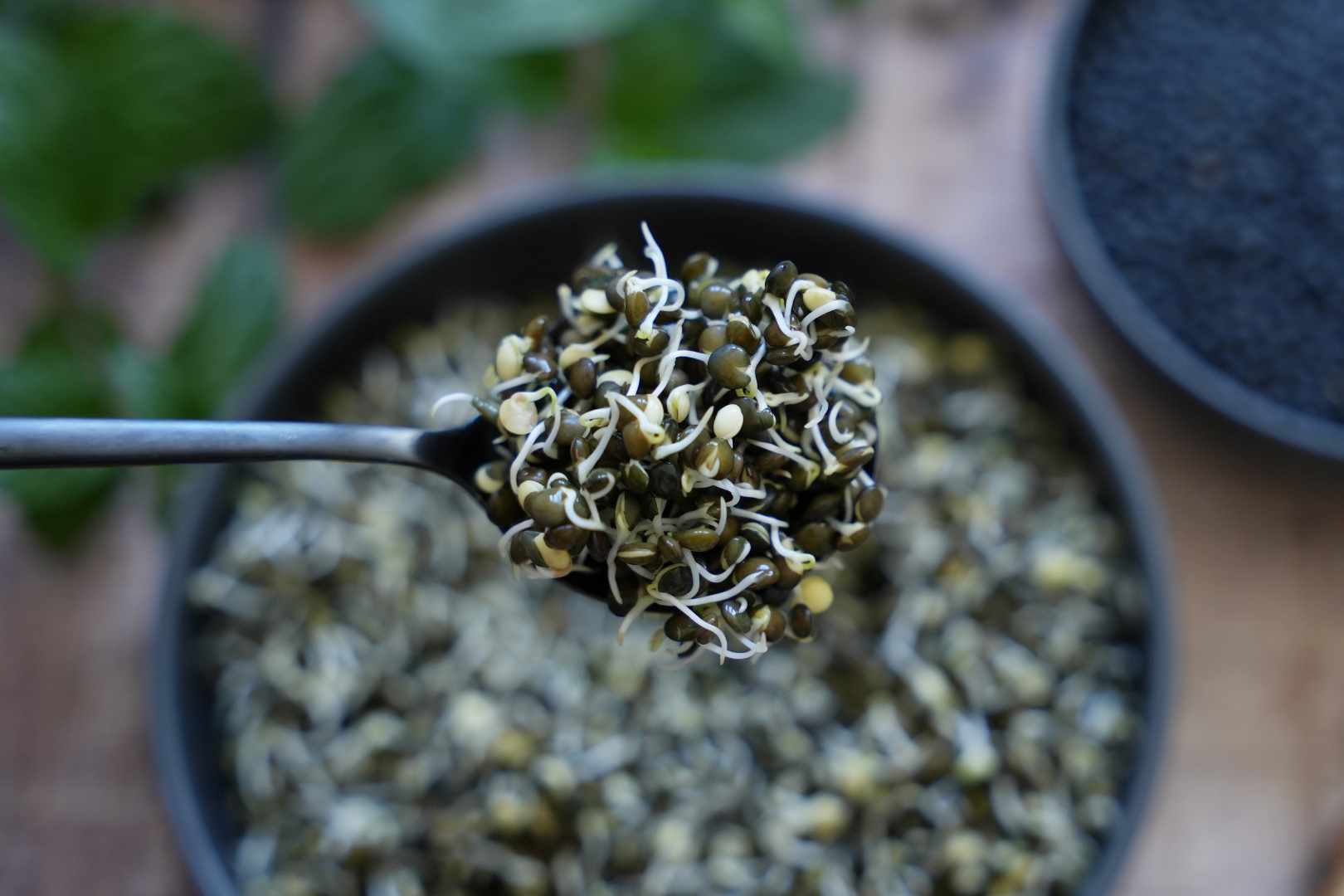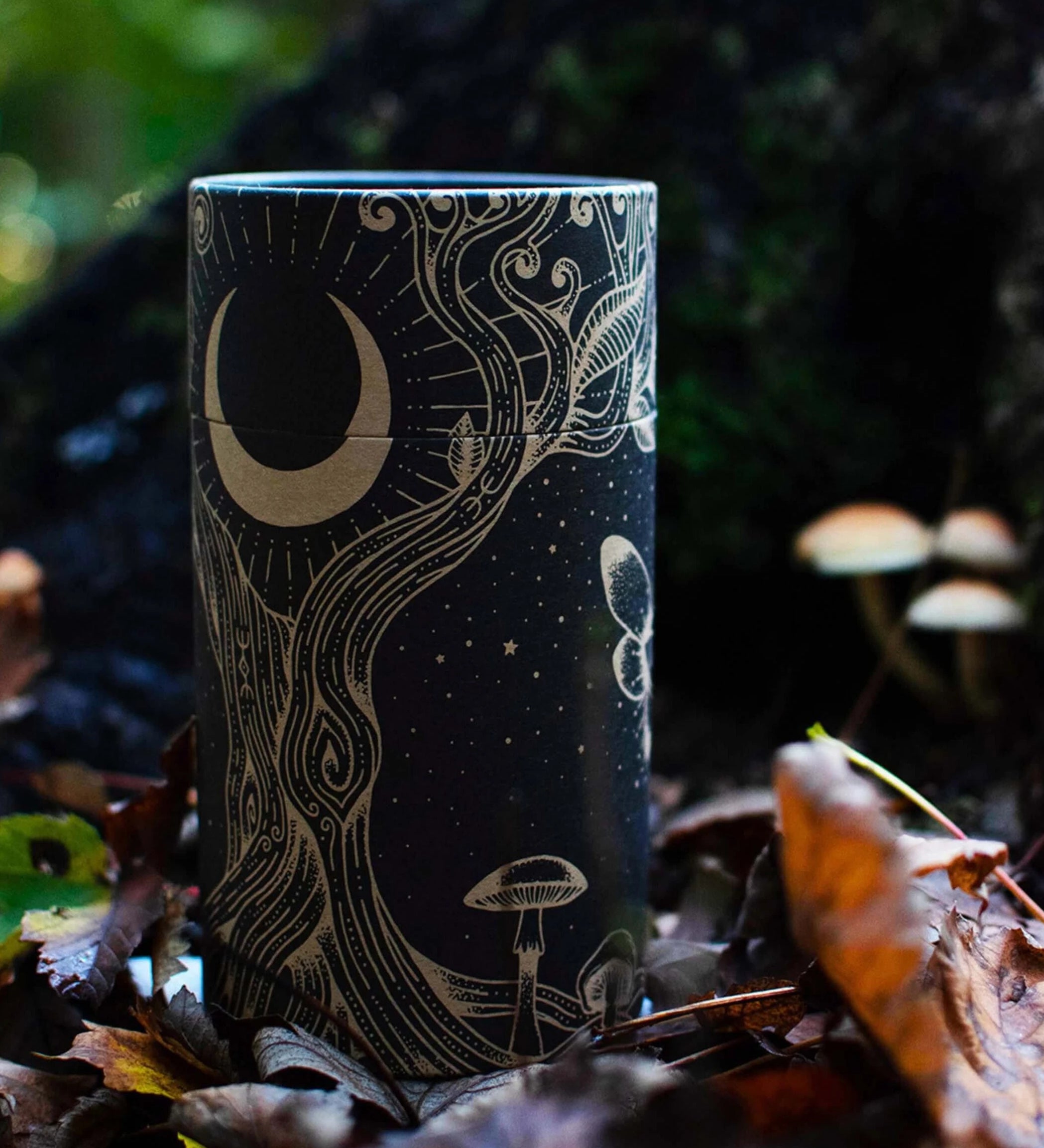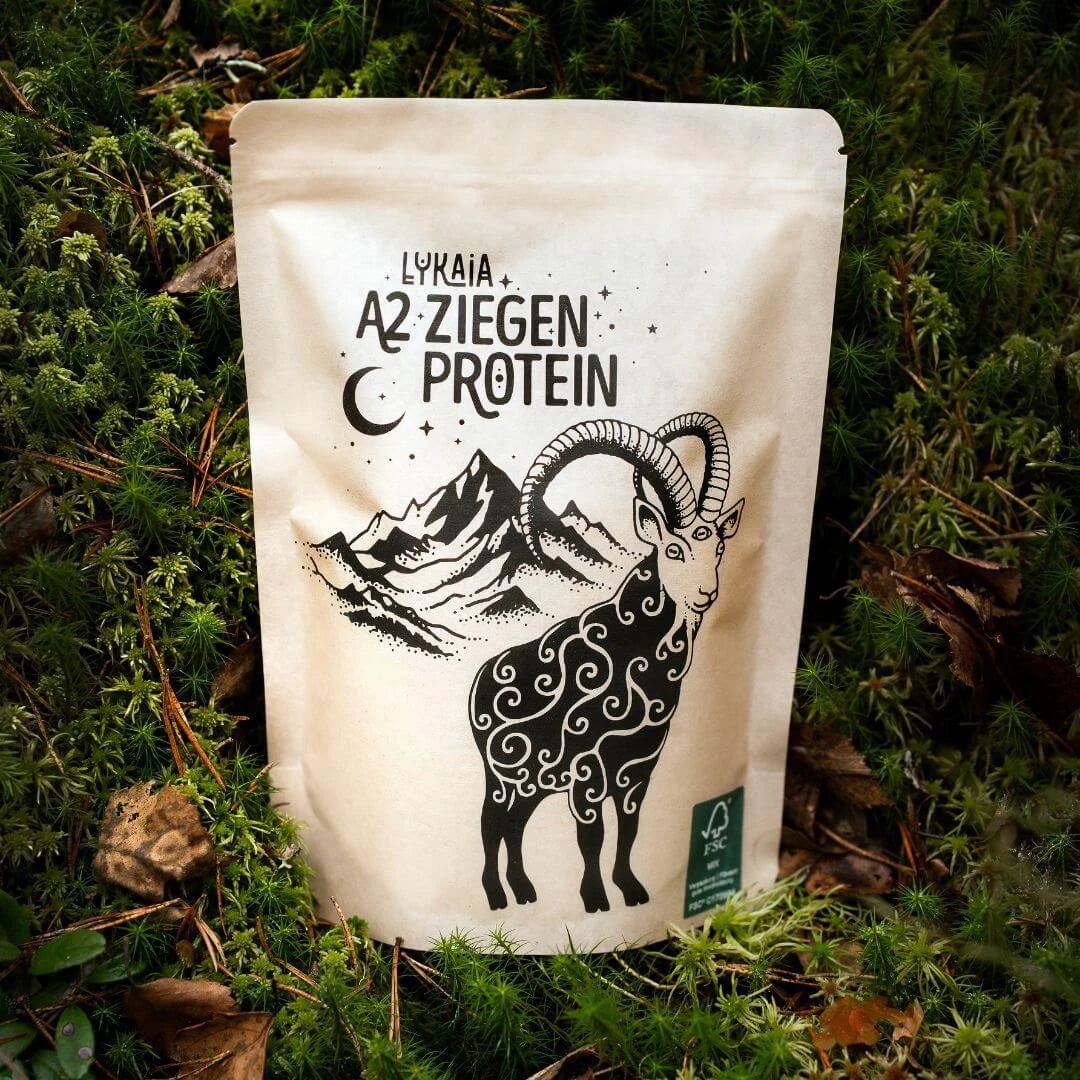How healthy are lentil sprouts really?

Lentils are packed with nutrients and offer many health benefits. Here are some of them:
High protein content
Beluga lentils contain a whopping 23g of protein per 100g. Proteins are important for building and repairing tissue, maintaining muscle mass and supporting the immune system. Lentils are an ideal source of protein, especially for vegans and vegetarians.
fiber
Lentils are rich in fiber, both soluble and insoluble. Fiber promotes healthy digestion, regulates blood sugar levels, lowers cholesterol and supports healthy weight management.
Complex carbohydrates
Lentils contain complex carbohydrates that slowly provide the body with energy. This keeps your blood sugar level stable and makes you feel fuller for longer.
Rich in minerals
Lentils are a good source of various minerals such as iron, magnesium, phosphorus, potassium and zinc. Iron is important for oxygen supply in the body, magnesium and phosphorus support bone health, potassium regulates blood pressure and zinc is crucial for the immune system and beautiful skin.
Low fat content
Lentils contain little fat and are largely free of saturated and trans fats. They therefore offer a healthy source of plant-based protein without the disadvantages of too much fat.
Rich in antioxidants
Lentils contain various antioxidants such as polyphenols and flavonoids. These have an anti-inflammatory effect and can protect against chronic diseases such as heart disease, diabetes and certain types of cancer.
Good source of vitamins
Lentils contain various vitamins, including B vitamins such as folic acid and B6, which are important for energy production and nervous system function.
Big variety
Thanks to their rich nutrient composition, lentils can support a balanced diet and contribute to a healthy lifestyle. There are many different varieties of lentils, including green, brown, red and black lentils, each with their own specific nutritional profiles.

That's why it's worth sprouting lentils
Sprouted lentils offer some additional benefits. The effort involved in sprouting lentils in your own kitchen is minimal, it's worth trying out!
Increased nutrient density
When lentils germinate or sprout, the content of certain nutrients increases. This process activates enzymes and increases the levels of vitamins, minerals and antioxidants.
Better digestibility
Soaking and sprouting converts complex carbohydrates and proteins into simpler forms, which can make digestion easier. This can benefit people who are sensitive to legumes or have difficulty digesting them.
Reduced antinutrients
Lentils naturally contain certain antinutrients such as phytic acid and lectins. These compounds can interfere with the body's absorption of certain nutrients. Soaking and sprouting lentils can reduce the antinutrient content, which can also improve the bioavailability of the good nutrients.
Positive effects on blood sugar levels
Sprouted lentils may have a lower glycemic index than non-sprouted lentils. This means they don't cause blood sugar levels to rise as quickly, which can be particularly beneficial for people with diabetes or for preventing diabetes.

Grow your own lentil sprouts – this is how it works!
Important to note
It is recommended to carefully maintain hygienic conditions when germinating lentils to avoid the risk of food poisoning.
Required utensils
- 1 sprout jar or 1 shallow bowl & sieve
- Water
- 3 to 4 days patience
- Lentils or other legumes of your choice. You can sprout a wide variety of legumes , here are some examples:
Lentils - Green, brown or black lentils are particularly good for sprouting. We chose beluga lentils for our last recipe and the following example
Mung beans - Mung bean sprouts are very popular and can be used in a variety of ways, for example in salads or in the Thai glass noodle specialty Pad Thai.
Chickpeas - Chickpea sprouts have a nutty flavor and are good in salads, wraps or you can prepare them as hummus.
Soybeans - Bean sprouts are rich in protein and have a crunchy taste. They are particularly good as a protein boost in salads.
Peas - Green or yellow peas can also be sprouted and add a fresh touch to dishes.
STEP 1 - Rinse & Soak
Place the lentils (approx. 100 g) in a bowl of cold water and rinse them thoroughly. Pour off the water through a sieve and let the lentils soak in twice the amount of water for 8-12 hours or overnight to start the germination process.
STEP 2 - Start the germination process
After soaking, rinse the lenses again. Make sure the water drains completely. Lentils germinate well in a sprouting jar or in a clean, shallow dish. Cover the jar or bowl with a mesh lid or strainer to allow adequate air circulation while keeping insects or debris out.
STEP 3 - Germinate
Repeat this rinsing process 2-3 times a day for 3-4 days: Rinse the lentils under cold water, stir or swirl gently and allow the water to drain completely to avoid mold formation.
STEP 4 - Harvesting
Once the lentil sprouts have reached the desired length, rinse them again and cook them (with a little salt) for at least 10 minutes (ideally in a pressure cooker) and use them in salads or warm lentil dishes such as Indian dal.
Important: Not all legumes are suitable for raw consumption!
Some varieties, such as kidney beans, contain toxic substances that are destroyed by cooking. Depending on the variety and method of preparation, we recommend cooking the finished sprouts (in a pressure cooker) before consumption.
You can find a summery and protein-rich lentil salad recipe HERE .

Be careful: not all sprouts turn out well!
Please make sure that the sprouts do not start to smell musty or form clouds of mold. Broccoli sprouts in particular are prone to toppling over . You should stop eating these sprouts and try again in a clean sprout jar.
storage
You can process all the lenses immediately or only remove a certain amount. You can continue to sprout the remaining lentils by rinsing them 2-3 times a day and allowing them to germinate in a sprouting jar or a bowl. You can also place them in a clean container and store them in the refrigerator for up to 3-5 days.
You can find a delicious salad recipe with lentil sprouts HERE .
0 comments







